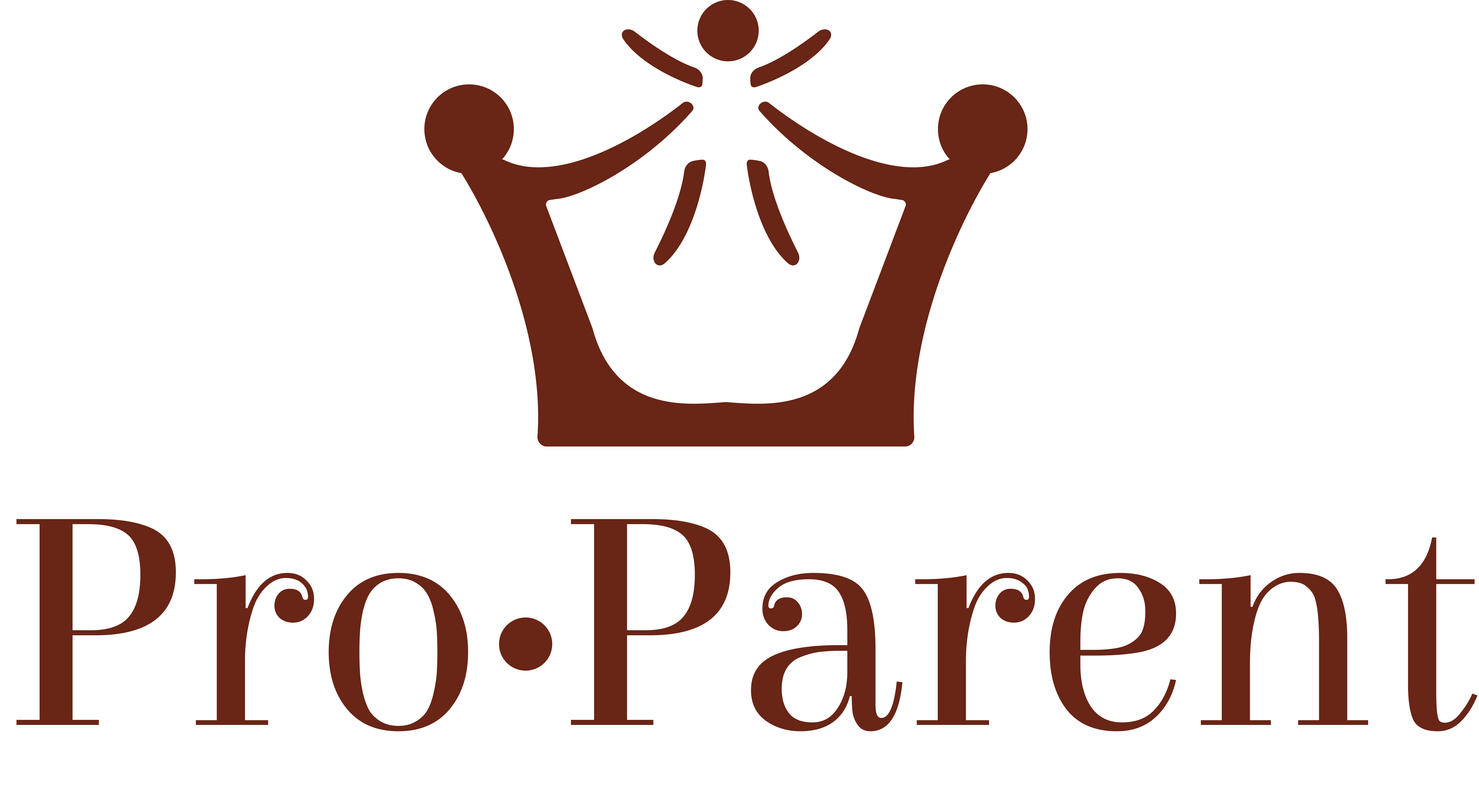Authored by : Urvashi Musale (M.A. Applied Psychology Stanford Certified)
Reviewed by : Rochelle D’souza – (M.Sc Clinical Psychology)
Guiding, Not Controlling
Imagine a world where a teenager’s spirit is crushed by strict rules and harsh judgment. Authoritarian parenting, often driven by good intentions, can inadvertently create a climate of fear and resentment. This style can hinder open communication, leading to a generation of young people desperately seeking validation on social media instead of genuine connection with their parents. To raise happy, well-adjusted teenagers, it’s crucial to shift focus from rigid control to understanding, empathy, and support. Let’s explore healthier parenting strategies that build strong, lasting bonds between parents and their children, especially in today’s challenging world.
Authoritarian parenting is a parenting style characterized by high demands, strict rules, and a focus on obedience and discipline. Parents using this approach often have a strong desire for control and may resort to punishment to enforce their rules. Communication is often one-sided, with little room for open dialogue or negotiation. Although there may be clear expectations, this style can lead to an emotionally distant relationship between parent and child.
Key Characteristics of Authoritarian Parenting:
- •One-way communication: Parents set strict rules without much room for discussion or negotiation.
- •Lack of explanation: Rules are often enforced without clear explanations or justifications.
- •High expectations: Children are expected to meet high standards with little room for error.
- •Punishment-focused discipline: Mistakes are often met with punishment rather than guidance or understanding.
- •Limited affection: Authoritarian parents may be less affectionate and emotionally supportive.
-
Potential Consequences of Authoritarian Parenting:
- •Well-behaved but submissive: Children raised in this environment may appear well-behaved due to fear of punishment, but they may lack self-confidence, initiative, and a sense of autonomy. They might be hesitant to express their own opinions or make decisions for themselves, as they have been conditioned to rely on authority figures.
- •Difficulty making decisions: The lack of autonomy can hinder a child’s ability to make independent decisions. They may struggle with problem-solving and decision-making skills, as they have not been given the opportunity to develop these abilities.
- •Aggression and rebellion: The strict and unsupportive environment can lead to feelings of resentment and aggression, sometimes manifesting in rebellious behavior. Children may act out or engage in risky behaviors as a way to assert their independence and cope with the emotional turmoil they experience.
- •Mental health issues: Authoritarian parenting has been linked to increased risk of depression, anxiety, and low self-esteem. The constant pressure and lack of emotional support can take a toll on a child’s mental health, leading to feelings of hopelessness, worthlessness, and isolation. Additionally, the fear of punishment can make it difficult for children to seek help or express their emotions, further exacerbating mental health problems.
According to Michigan State University, authoritarian parents who punish and scold their children more are more likely to raise rebellious and angry kids, resulting in misbehavior and constant power struggles. Remember that avoiding authoritarian parenting doesn’t mean letting go of all rules or boundaries. It means finding a healthy balance between guidance and autonomy, fostering a positive parent-child relationship, and promoting your child’s emotional and psychological well-being.

To avoid authoritarian parenting and promote a more balanced and nurturing approach, consider the following steps:
- Develop Open Communication: Encourage open and honest communication with your child. Listen actively to their thoughts, feelings, and concerns. Create an environment where they feel comfortable expressing themselves without fear of punishment.
- Set Reasonable Boundaries: Instead of rigid rules, set reasonable and age-appropriate boundaries. Explain the reasons behind the rules and help your child understand the importance of following them.
- Be Flexible: Recognize that children’s needs and circumstances change. Be willing to adjust your expectations and rules when necessary. Flexibility allows for growth and adaptation as your child develops.
- Use Positive Discipline: Focus on positive discipline methods that emphasize teaching and guiding rather than punishment. Use consequences that are related to the behavior and encourage learning from mistakes.
- Encourage Independence: Give your child opportunities to make decisions and solve problems on their own. This fosters their sense of autonomy and self-confidence.
- Offer Choices: Provide your child with choices within certain boundaries. This helps them feel empowered and more in control of their own lives.
- Show Empathy: Understand your child’s feelings and perspectives. Validate their emotions and show empathy, even when you need to address misbehavior.
- Explain Reasoning: Instead of simply saying “because I said so,” explain the reasoning behind your decisions and rules. This helps your child understand and internalize the values you’re trying to teach with more love and logic.
- Praise Effort and Improvement: Focus on praising your child’s effort, progress, and positive behavior. This helps build their self-esteem and motivates them to continue making positive choices.
- Be a Role Model: Model the behavior and values you want your child to adopt. Practice respect, kindness, and empathy in your interactions with others.
- Provide Unconditional Love: Ensure your child knows that your love and support are not dependant upon their performance or behavior. This creates a secure emotional foundation.
- Educate Yourself: Read parenting books, attend workshops, and seek guidance from professionals to learn about effective and balanced parenting techniques.
- Reflect and Adjust: Regularly reflect on your parenting style and its impact on your child. Be open to adjusting your approach based on what works best for your child’s individual needs.

While authoritarian parenting may initially produce well-behaved children, the long-term consequences can be far-reaching and detrimental to their overall development and well-being. A child who feels trapped in a cage of expectations, unable to breathe or be free. This is the harsh reality of growing up under authoritarian parenting. It’s a heavy price to pay for temporary obedience.
To learn more about good parenting tips, parenting styles and skills, subscribe to our page.

 Back to Blogs
Back to Blogs

